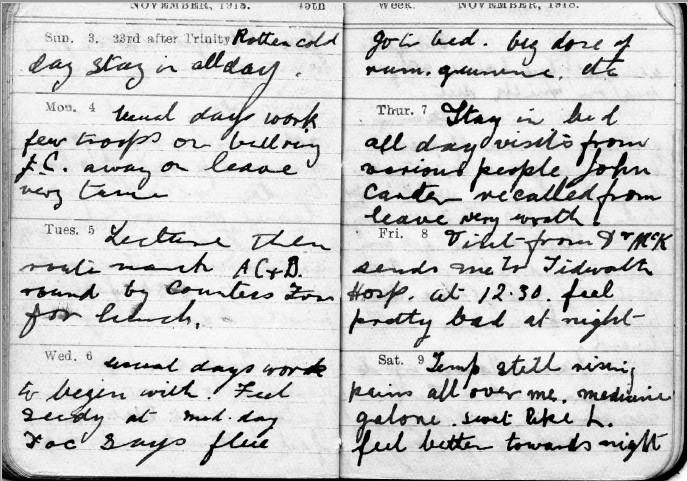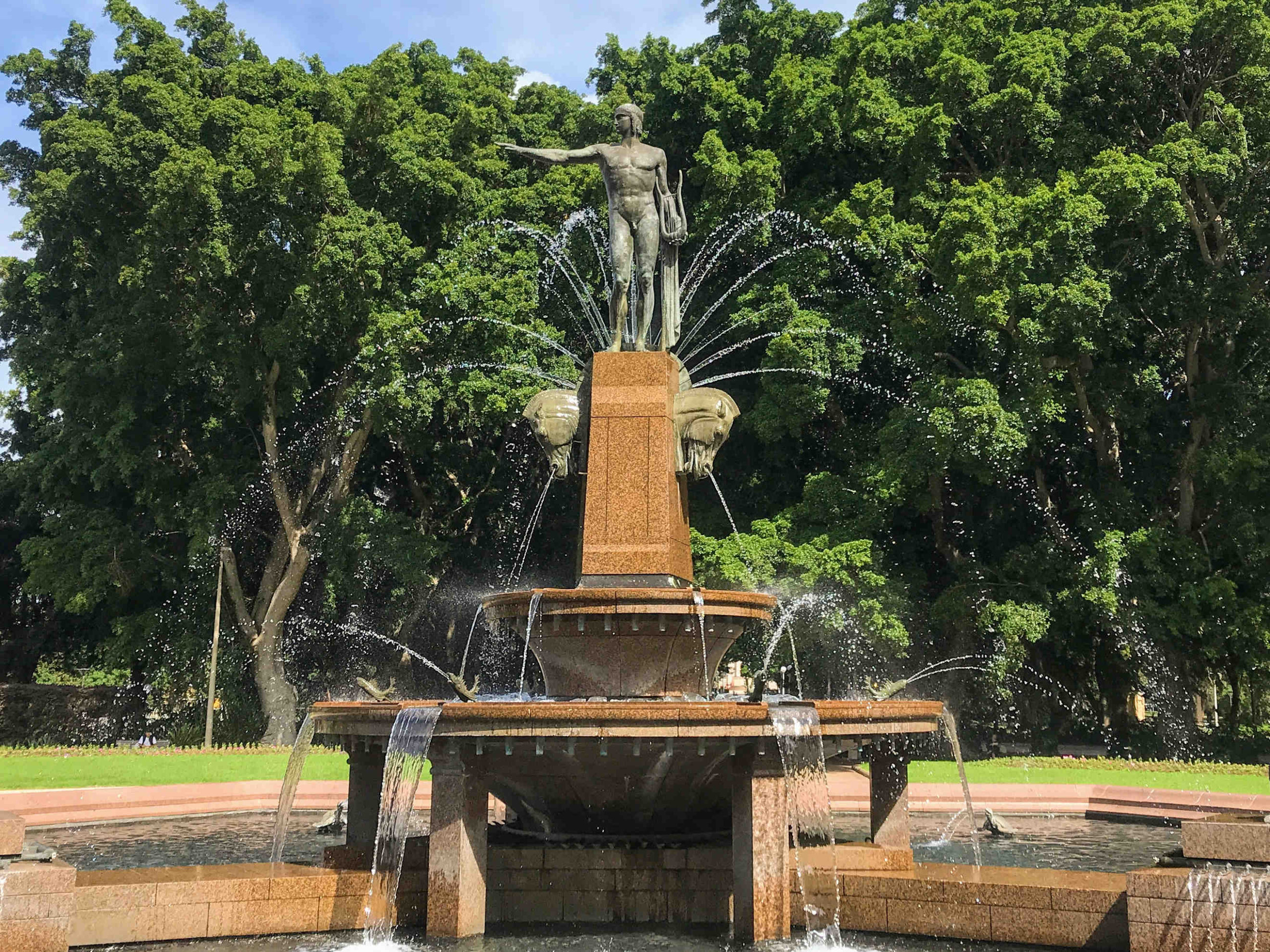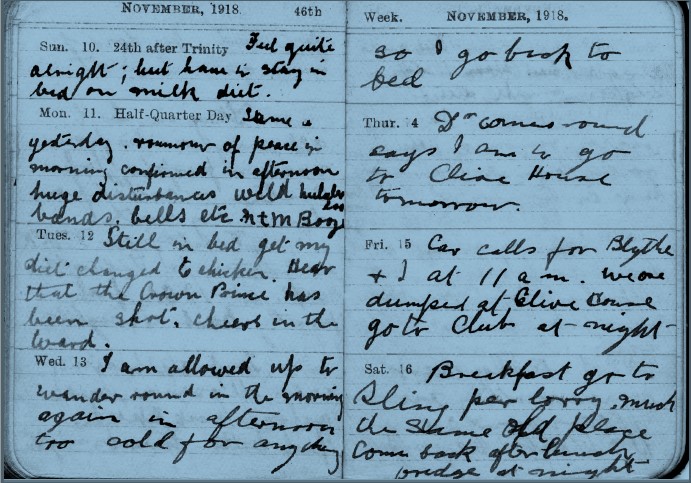Today’s Link
In something that will gladden the heart of any actuary or statistician reading this, a number of Victorian testing centres have decided to test every 5th person who comes in, whether or not they meet the testing criteria. Why does that matter? Because it will give them a more randomised sample. Not a properly randomised sample – it is only testing people who present to clinics. But it will give them a better idea of how much Covid19 is circulating in the community. There will be people coming in for testing who don’t meet the test of having travelled overseas, or had close contact with a confirmed case. Some of them will just have a cold or flu. But some of them (hopefully not too many) will test positive for Covid19, and we will get a better idea of just how much it is circulating in the community generally.
Life Glimpses – historic edition
I first blogged about pandemics in 2006, when I reviewed a book about the “Spanish Flu” (so-called because Spain was one of the few countries not censoring the news about it, as it wasn’t part of WWI, so the only news about it seemed to come from there).
I subsequently discovered that my grandfather (who had just been a Captain in WWI on the western front) almost certainly had it – the picture is his war time diary from the relevant two week period. I’m not sure if I can entirely read his handwriting but here’s my guess:

Wednesday 6th November 1918 – usual days work to begin with. Feel seedy at mid-day. Doc says flue. Go to bed. Big does of rum, quinine etc.
Thursday 7th November 1918 – stay in bed all day visits from various people. John Carter recalled from leave very wroth!
Friday 8th November 1918 – Visit from Dr McK sends me to Tidworth Hospital at 12.30. Feel pretty bad at night
Saturday 9th November 1918 – Temp still rising pains all over me. Medicine galore. Sweat like h[ell]. Feel better towards night.
Sunday 10th November 1918 – Feel quite alright; but have to stay in bed on milk diet.
Monday 11th November 1918 [Armistice Day] – Same as yesterday. Rumour of peace in morning. Confirmed in afternoon. Huge disturbances. ?Bugler Bands, Bells etc ??
Tuesday 12th November 1918 – Still in bed. Get my diet changed to chicken . Hear that the Crown Prince has been shot. Cheers in the ward.
Wednesday 13th November 1918 – I am allowed up to wander round in the morning again in afternoon too cold for anything so I go back to bed.
After that my grandfather recovered, luckily for me, as he hadn’t married my grandmother yet.
Interestingly this brush with the flu didn’t seem make it into the collective family memory. I only noticed it when I read my grandfather’s diary. My dad commented on the original book review post I linked to above, talking about everyone he had heard of having the flu as part of that outbreak, and didn’t mention his own father.
Bit of Beauty
Today’s bit of beauty is the Archibald Fountain in Hyde Park. In a complete coincidence (I didn’t know this until I looked up the Archibald Fountain a minute ago):
As directed in Archibald’s will, this was to commemorate the association between Australia and France during World War 1, ‘for the liberties of the world’ and was to be sculpted in bronze by a French artist.
Given my grandfather spent a considerable amount of time in WWI in France on the Western Front (albeit as part of the NZ part of the Anzacs) seems a very appropriate bit of beauty for today’s post.



Keep writing, what a lovely link for the Archibald Fountain. Is it the same Mr. Archibald, the Archibald
Prize at NSW Gallery love
Wow ! You and family actually have preserved the diary ! Simply amazing. Let me try and find the diary that my grandmother and grandfather collected and wrote different ‘nursery rhymes” for me in Calcutta !!! If I find I will surely write a blog, inspired by you……